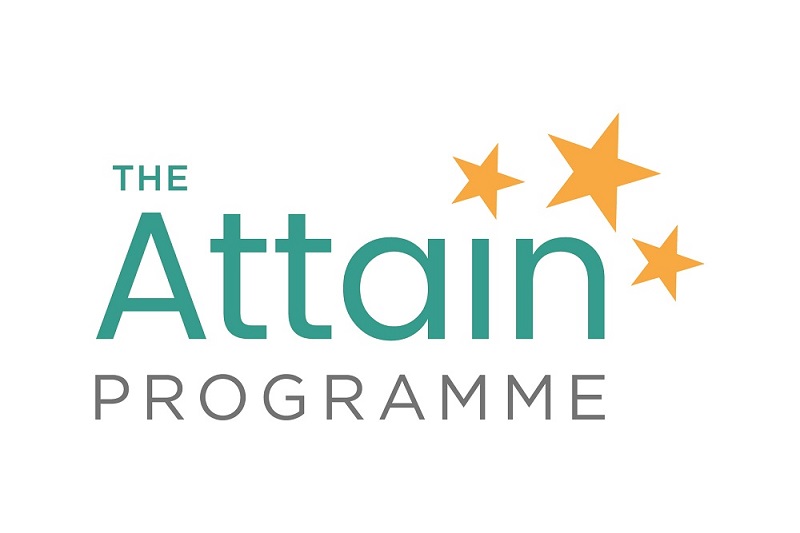Spotlight On: The Attain programme
David Goodhew, head of Latymer Upper School, explains how genuine collaboration and working in partnership is helping pupils at local primary schools to catch up with their learning after the disruption of the past year.
The disadvantage gap, like holiday hunger and the digital divide, predates COVID-19 and will sadly outlast it. The pandemic has highlighted and exacerbated these problems. According to the Education Policy Institute, the disparity between high- and low-income families’ experience of lockdown learning is estimated to be 75 minutes per day, which equated to 15 days by July 2020. This means that by the summer, state school families had experienced 12 weeks of disruption or lost learning, while the poorest had lost 15 weeks.
As educators, we felt compelled to do something to help. Latymer has a long history of promoting social mobility through education, going all the way back to the 17th century. As well as our extensive bursary provision, we are well known for our wide array of ‘outreach’ programmes and events, which reflect our strong social ethos. Through more than 50 partnership programmes with local maintained primary and secondary schools and charitable organisations, it is estimated that we have a positive impact on around 1,000 children each year.
At the beginning of the first lockdown we opened the school as a hub so that local children had a safe place to come and study, and we provided laptops and data dongles to partner schools so that all their students would have devices and/or Wi-Fi access to log on to their lessons. As the lockdown went on, it was clear that we had to do more. Over the half term, Easter and summer holidays, we ran holiday camps where we focused on children’s wellbeing, giving them fun and interesting activities to engage in as well as making sure they were getting fed.
We also reached out to our network of partner schools and asked heads what we could meaningfully do to support them and their pupils through this pandemic. The feedback was unanimous: support with English and maths for pupils in small groups to help them catch up with their learning. The Attain programme was born out of this collaboration during the summer of 2020.
As we were keen to help as many children as possible, it meant recruiting not only from within Latymer Upper and Prep Schools, but from other like-minded schools in the area. We reached out to colleagues at St Paul’s and St Paul’s Girls’ schools, with whom we have worked on many projects in the past, and they happily agreed straight away. Teachers and a wider network of partner schools were then brought into the programme.
Each teacher that we recruited has been provided with training, resources and regular support from a designated primary-trained teacher, as many of them would usually be teaching secondary school age children. We then worked hard to carefully pair them with a peer at a partner primary school. Together, they co-designed individual tuition plans with impact measures over the course of the programme to compliment what the pupils are learning in class. It’s taken us a whole term to develop, but all the preparatory work meant that when we suddenly went into lockdown and we had to pivot to remote delivery, we had good foundations in place.
By half term we had completed our first month, with seven teachers running sessions across seven schools, supporting 27 children, and a further six schools scheduled to start after the half term holiday.
Sadly, I think this programme will be needed for a long time to come, which is why we are keen to grow and develop the programme so that we can reach more children who need support. The last word I shall leave to one of the pupils in the programme, Bethel, aged 11, who told us: “My classmates and I are finding school very hard in lockdown so I'm really enjoying this tutoring opportunity I was given, as well as the others in the group – I know they are enjoying it too!! Thank you so much for these tutoring lessons, they help a lot.”

